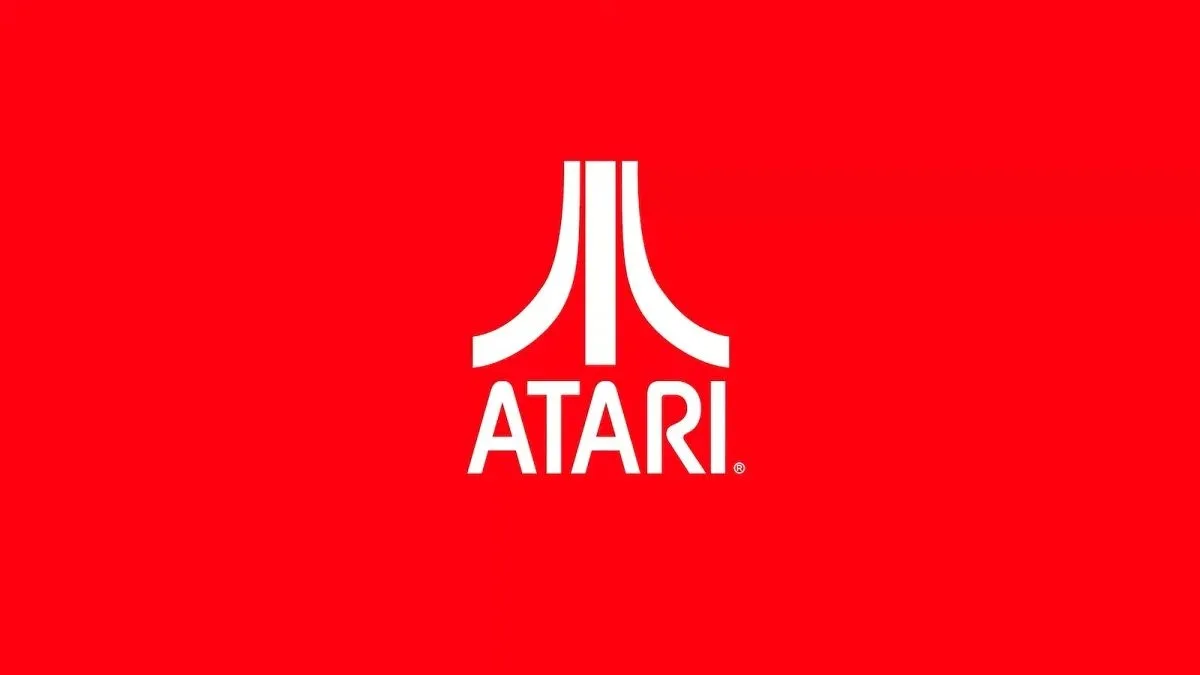In a move that’s both surprising and oddly poetic, Atari has acquired an 82% stake in Thunderful Group, the Swedish publisher behind beloved titles like SteamWorld, ISLANDERS, and Lost in Random. The €4.5 million deal marks a strategic expansion of Atari’s publishing and development capabilities across Europe—but it also feels like a nostalgic echo of the company’s golden age, when innovation and risk defined its DNA.
Thunderful, despite its creative pedigree, has faced turbulent times. After laying off 20% of its workforce in 2024 and initiating a restructuring plan, the company was in search of stability. Atari’s acquisition isn’t just a lifeline—it’s a calculated bet on Thunderful’s ability to rebound and contribute to Atari’s European ambitions.
Atari CEO Wade Rosen emphasized that Thunderful’s transformation plan and its critically acclaimed development teams are key to restoring profitability and expanding Atari’s footprint. The deal has already received unanimous support from Thunderful’s board and major shareholders, with final approval expected at an extraordinary general meeting on August 28, 2025.
This acquisition follows Atari’s recent spree of strategic purchases, including Nightdive Studios, Digital Eclipse, and even the rights to Transport Tycoon and Intellivision. It’s clear that Atari is no longer content with being a retro brand—it’s positioning itself as a modern publisher with deep roots and fresh ambitions.
🕹️ A Recap of Atari’s Corporate Odyssey
To understand the weight of this acquisition, we need to rewind the tape. Atari isn’t just a name—it’s a symbol of gaming’s origin story.
The Birth of a Titan (1972–1984)
- Founded in 1972 by Nolan Bushnell and Ted Dabney, Atari revolutionized gaming with Pong, the first commercially successful arcade game.
- The company quickly expanded into home consoles, launching the Atari 2600 in 1977, which became a cultural icon and sold nearly 30 million units.
- Atari was acquired by Warner Communications in 1976 for $28 million, fueling its meteoric rise.
- By the early 1980s, Atari was the fastest-growing company in U.S. history, dominating both arcade and home gaming markets.
The Crash and Fragmentation (1983–1998)
- The video game crash of 1983 hit Atari hard, with losses exceeding $500 million.
- Warner sold the consumer division to Jack Tramiel, founder of Commodore, in 1984, forming Atari Corporation.
- Atari struggled to compete with Nintendo and Sega, despite launching the Atari ST, Lynx, and Jaguar consoles.
- In 1998, Hasbro Interactive acquired Atari’s assets for just $5 million, a stark contrast to its former glory.
Reinvention and Modern Moves (2001–Present)
- French publisher Infogrames acquired Hasbro Interactive in 2001 and rebranded as Atari SA in 2009.
- Under Wade Rosen’s leadership, Atari has embraced retro nostalgia while investing in blockchain, remasters, and now, strategic acquisitions like Thunderful.
- The release of the Atari VCS in 2021 and the Atari XP cartridge initiative signal a commitment to honoring its legacy while exploring new frontiers.
Atari’s acquisition of Thunderful isn’t just a business transaction—it’s a statement. It’s a reminder that legacy brands can evolve, adapt, and even surprise us. For fans of physical media and gaming history (like you, Jesús), this move feels like a bridge between eras: the pixelated past and the procedural future.
Whether this partnership leads to new SteamWorld titles with Atari branding or a revitalized European publishing arm, one thing’s clear—Atari is no longer just playing the hits. It’s composing a new score.
